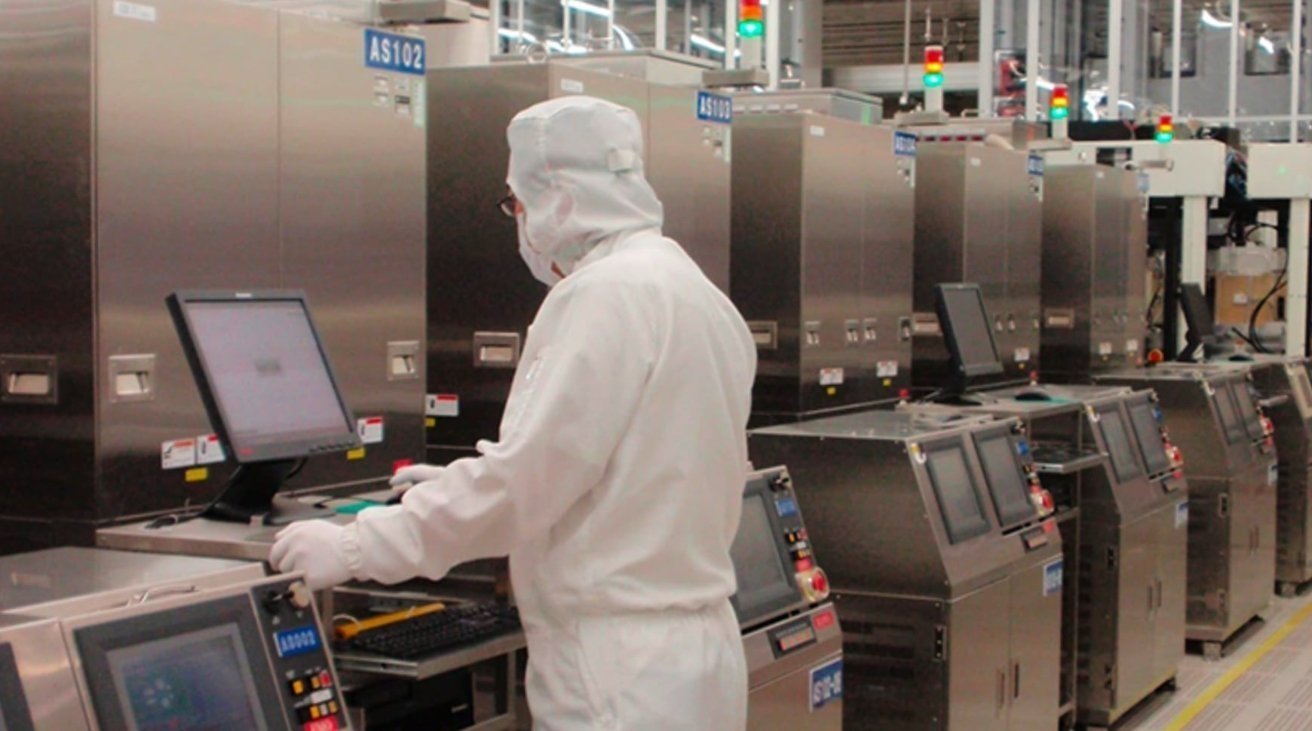The global chip shortage is continuing to get worse, with firms dependent on new chips seeing delays in production and delivery lengthen to over a year, and in some cases until 2024.
The global semiconductor shortage has caused issues for many companies around the world, with slow chip deliveries impacting the ability for vendors to finish products and to complete orders. As the crisis rolls on, companies are seeing the delays stretch further into the future.
In the case of utility monitoring firm PowerX, an order for chips placed in May was originally expected to be delivered by the summer, but was then delayed to the fall, then winter, and is now not expected to arrive until May 2022, according to the Wall Street Journal. PowerX isn't alone, as Princeps Electronics operations director Ian Walker said some new orders from buyers had delivery dates in 2024.
Susquehanna Financial Group said chip wait times climbed from a typical 9 to 12 weeks to 19 weeks in the Summer, rising to 22 weeks in October. In some cases, such as power-management components, it's 25 weeks on average, while microcontrollers used by the auto industry can take up to 38 weeks to arrive.
Apple too is also affected by the issues in the supply chain, warning during its financial results that issues in "legacy nodes," namely modems and power regulators, are the main point of competition for the company. Accessibility of "leading-edge nodes," such as Apple Silicon, is not a problem for Apple at this time.
The shortage is caused by multiple issues, ranging from COVID-19 facility closures, reduced supplies of substrates and other basic materials, and interruptions to wafer production. Global shipping issues added to the problem, as chips can potentially travel up to 25,000 miles to become finished products.
While the supply chain for chips is one aspect, another is chip purchasing decisions, with overordering and stockpiling causing their own issues. Harvard Business School professor Willy Shih said "People are buying a lot of parts to have just in case, and that's exacerbating the shortage"
Chip producers like Apple partner TSMC have announced plans to heavily invest in facilities to improve production, but the expensive endeavors could take years to become not only operational, but to do enough to ease supplies.
 Malcolm Owen
Malcolm Owen







-m.jpg)






 William Gallagher
William Gallagher
 Wesley Hilliard
Wesley Hilliard

 Christine McKee
Christine McKee


 Andrew Orr
Andrew Orr




-m.jpg)




19 Comments
Buy now for 2022 then.
Trump wants to remove China from chip producing. Biden wants to compete with China instead of collaboration. Unfortunately the rest of the world is unable to meet the rapidly rising demand of semiconductors in autos, ai, etc.
If there was a shortage of potatoes, that doesn't mean I couldn't buy a potato; it would mean that potatoes are more expensive. If I was willing to pay $100 for a potato, I could probably find one.
Does this principle of supply and demand not also apply to the global semiconductor shortage? If it applies, I'd like to see the actual price increases for select chips rather than just hear that there's a shortage. If chip suppliers are not raising their prices during a shortage, they are idiots.
Right now there's a shortage of meat in my country, but I can still go buy meat in any grocery or restaurant. It's just that the prices are 20% higher. I guess meat suppliers are smarter than computer chip manufacturers.